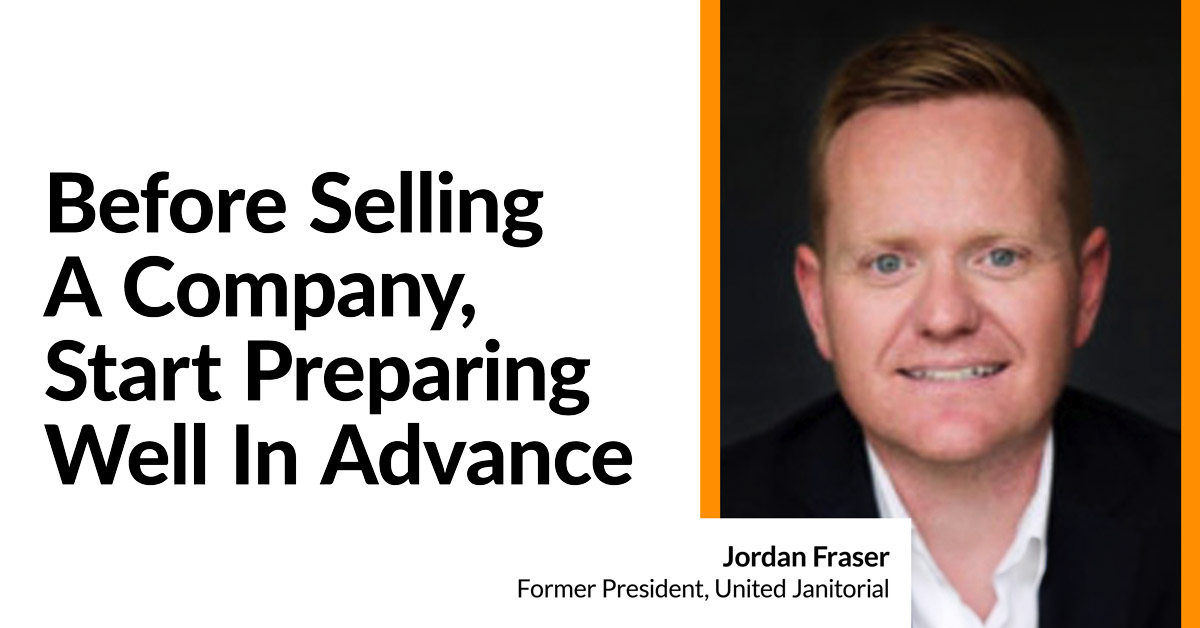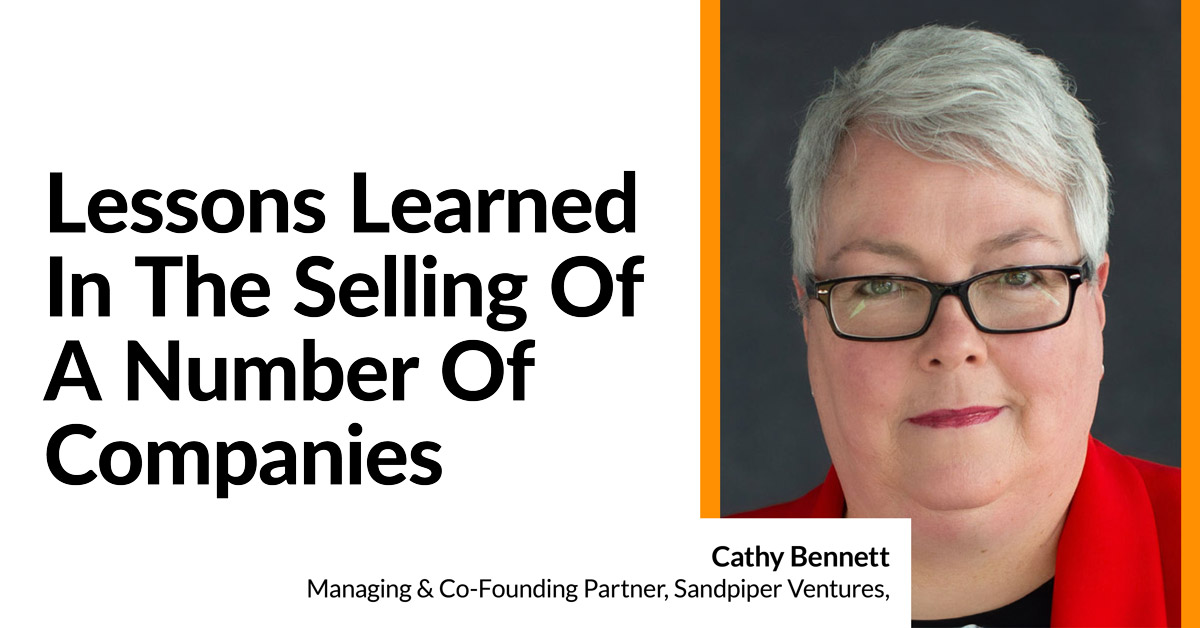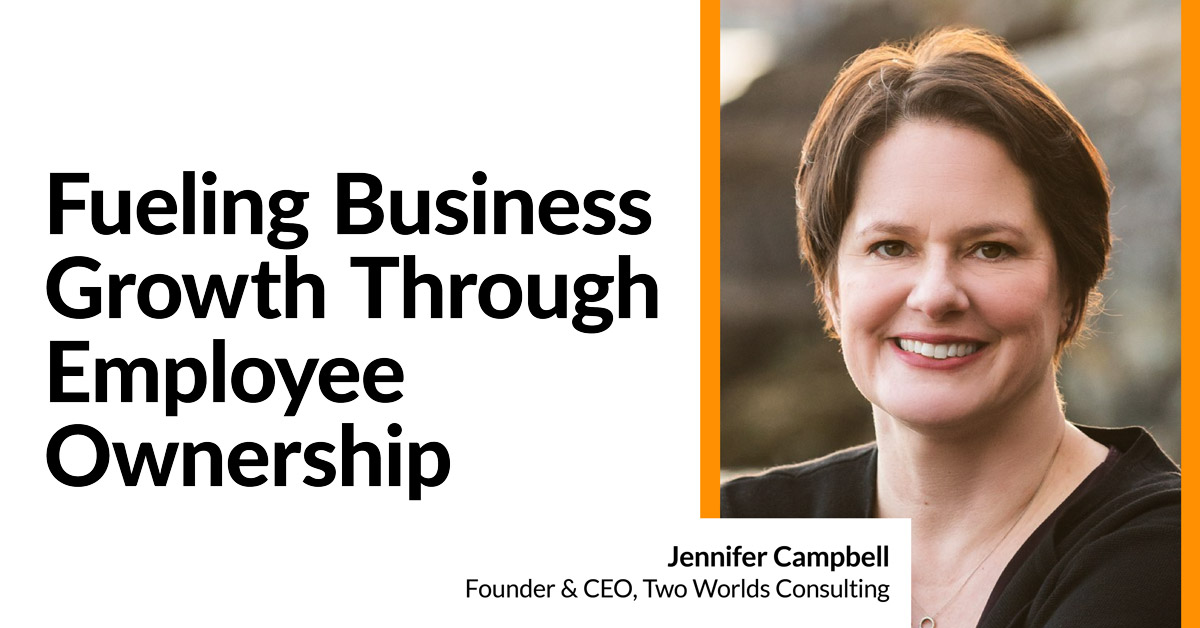5 lessons on why hiring experts matters: from a business owner who wish she did
Business Transitions Forum

One of best reasons to attend the Business Transitions Forum is the opportunity to hear directly from business owners who have gone through transition and now have the opportunity to reflect on the process in the rearview mirror.
To give you a little taste of what’s to come and also to shine a light on one of the amazing business owners who will be joining us this year, we sat down with Cathie Saroka to talk about what she wishes she had known at the beginning of the transition journey.
Cathie Saroka is the President & CEO of Goldray Glass, a family-run, architectural decorative glass company based in Calgary, AB. Cathie has more than 30 years of hands-on experience in the glazing industry, and extensive experience in products, operations and management. Having built the company from scratch with her husband, Cathie grew Goldray Glass from 2 to 100+ employees and by 2018 the company had reached $20 million in sales.
BTF: What were the most recent transactions you’ve taken part in?
CS: I have been involved in a couple of transactions with my company over the last few years; a surprise management buyout and selling the assets of the second factory in Ontario that was severely underperforming. Each one of these scenarios gave us different learnings, but all very valuable. Currently, I am working on a succession plan to transition the company to the next generation and we are using what we have learned to craft a smoother, more successful transition this time.
BTF: What single factor made your company attractive to acquirer(s)?
CS: The company that purchased the assets of our factory in Ontario was run by a fellow who is very well known in the industry and who wanted to get back into the business after a long absence. Since we were only selling assets, the equipment was really what was attractive to him as well as the chance to get back into the industry. The Ontario construction market was booming at the time of the sale and he wanted to capitalize on the timing with this purchase.
BTF: What was the hardest part of selling your business?
CS: The hardest part for me was actually making the decision to sell. As entrepreneurs, we don’t like to give up on something that we have worked so hard to build. I was determined to get this factory to profitability and kept the pressure on all of us to make it work. When we realized that we were putting so many of our resources into this operation that it was negatively affecting the whole company, it became clear that we had to make a change and I made the decision to sell. Once made, I could mentally let it go and move onto the next stage.
BTF: What are a few specific things that you or your advisory team did to increase the value/improve the outcome of the transaction?
CS: Oh boy, I wish that were the case! On the contrary, we reduced what we could have received for the assets by trying to sell it ourselves and not contracting someone to help us.
BTF: What element of the process of selling did you find most surprising/unexpected?
CS: I thought that the best way to sell the business was to do it myself as I had many contacts in an industry that I have been in for over 30 years and thought I could get a better outcome, without the consultant’s fees. That was a big mistake. My big learning here was that I know how to run the business and I have a large network of people in the industry, but I have never sold a business before. We would have benefited a huge amount by hiring someone that has deep knowledge and experience in negotiating the selling of a business. This is a very particular skill that is quite different than negotiating within a business.
Join Cathie as she shares her experience in-depth during the session EXIT STORIES: THE GOOD, THE BAD & THE UGLY, alongside other entrepreneurs and industry experts at BTF Calgary on Oct 30-31.
BACK







